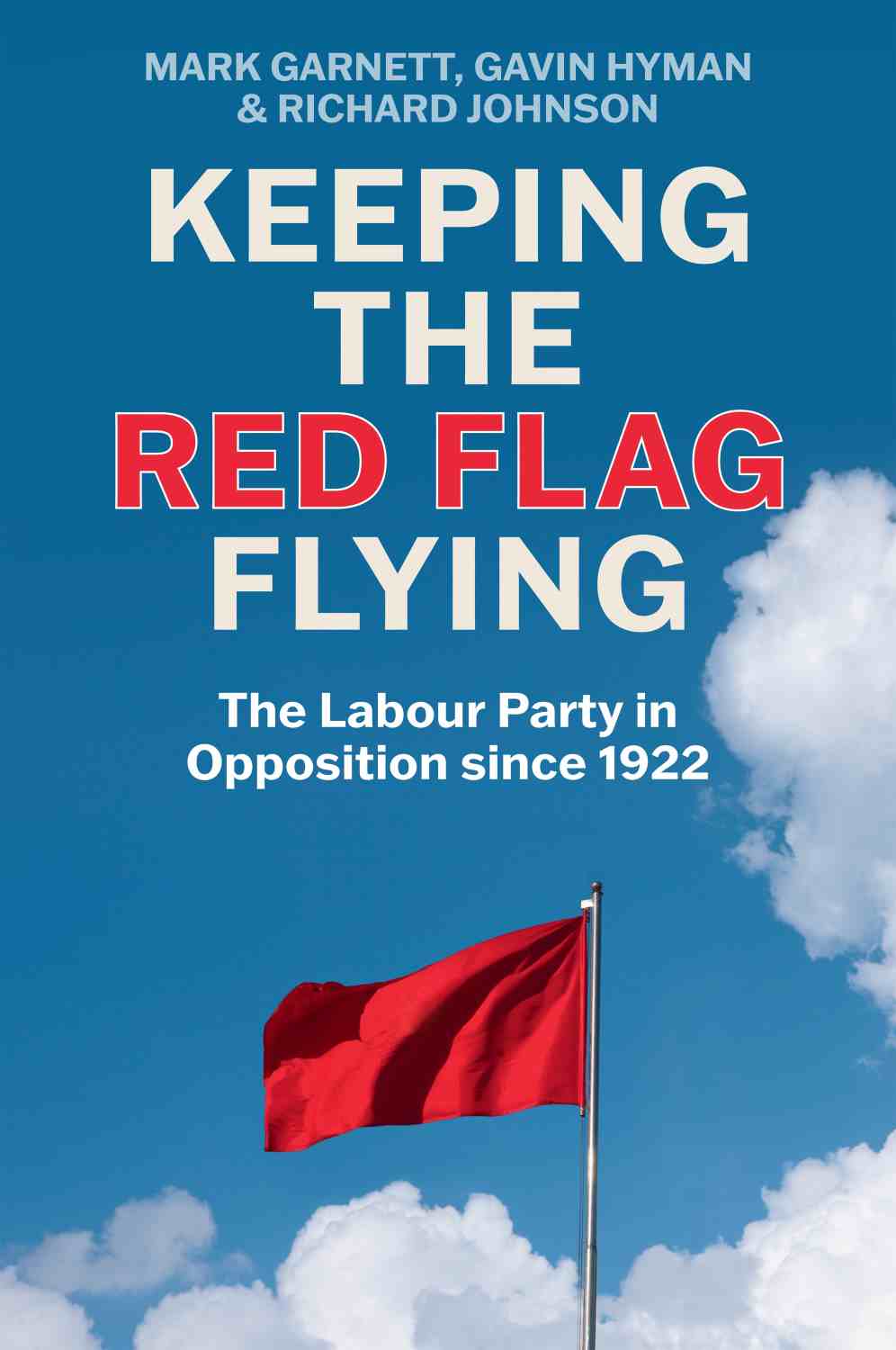Not for Tory eyes: Baroness Hayter reviews 'Keeping the Red Flag Flying'
Bournemouth 1985: Labour leader Neil Kinnock | Image by: BRIAN HARRIS / Alamy Stock Photo
4 min read
Let’s hope the lessons outlined in this study of the long and factious periods the Labour Party has spent in opposition won’t be needed for many a year
Until this year, I’d only twice witnessed Labour defeating a government (1964 didn’t register with me). I vividly remember Labour’s longest period out of government, 1979-1997, the worst example of what opposition can do to a party, its self-immolation helping explain why 1983 delivered the fewest Labour MPs since 1935. Hardly surprising given it had trashed its record in government when “history became weaponised for factional effect”.
Given the authors’ aim to identify lessons from opposition – of which Labour has long experience – it is unfortunate that Keeping the Red Flag Flying went to press just before the 2024 election, thus lacking any assessment of 2019-2024.
Labour having been out of office for most of 1922-2022, it’s worth asking whether the party was “particularly proficient in the art of opposition”. The book reckons it wasn’t after 2010. Over a longer period, the authors consider it failed through poor choice of leaders (with Labour more reluctant than Conservatives to oust a loser); lack of policy renewal; internal dissent; and a particular reluctance to learn lessons from the past.
The electorate failed to be centre stage on more than one occasion
Throughout those years of opposition, perennial issues loomed: defence; foreign affairs (including relations with the Soviet Union); Europe (divisive both on entry in 1971 and exit in 2016); the economy; and also on internal matters, including structures, policy, philosophy and electability. Indeed the electorate failed to be centre stage on more than one occasion.
The various chapters document fractious periods between the party and its leadership, unrestrained by the demands of government. There was one occasion, however, where the opposition played a decisive role: in May 1940 the national executive committee (NEC) agreed to Labour entering government but on the proviso it was not under Neville Chamberlain – the only time Labour in opposition toppled a sitting prime minister. Nevertheless Labour remained the official opposition during 1940-45, despite Labour ministers serving in the government. The Parliamentary Labour Party (PLP) elected an administrative committee to fill the Opposition Front Bench, initially under Hastings Lees-Smith, latterly Arthur Green-wood.
Party structure continuously evolved in regard to who holds the pen on policy, struggles ranging between the leadership, PLP, NEC, members and the unions, with attempts to square that circle and bodies waxing and waning over time – each seeking to “fight the last war” in terms of policy and party structure.
The 2019 election (the worst since 1935 in number of seats) was self-inflicted due to the internal Brexit war, parliamentary stalemate, and the second referendum pledge, which was catastrophic in Leave areas. The July 2024 general election was very different, though (1964 aside) long periods of opposition were followed by large majorities: 1997 saw 418 Labour MPs and this year 411 MPs.
 Did Labour win these – or did the Tories lose? The book suggests oppositions are only “good” insofar as governments are “bad” as the result of being tired and divided. Tony Blair and Keir Starmer were lucky, the latter leading a party which had faced five consecutive Tory prime ministers between 2016 and 2022 including Boris Johnson and Liz Truss.
Did Labour win these – or did the Tories lose? The book suggests oppositions are only “good” insofar as governments are “bad” as the result of being tired and divided. Tony Blair and Keir Starmer were lucky, the latter leading a party which had faced five consecutive Tory prime ministers between 2016 and 2022 including Boris Johnson and Liz Truss.
Your reviewer thinks it takes more than luck, poor Conservative leaders, and a fair wind to triumph at the polls. The electorate must trust the incoming party – and believe their interests will be heard. Unless people can look at Clement Attlee, Harold Wilson, Blair or Starmer and know their measure, crosses won’t appear on ballot papers.
Clearly I now hope this book and any lessons will not be needed by Labour for many a year – indeed perhaps we should ban it from Conservative conference book stalls in case they learn from it.
Baroness Hayter is a Labour peer
Keeping the Red Flag Flying: The Labour Party in Opposition since 1922
By: Mark Garnett, Gavin Hyman, Richard Johnson
Publisher: Polity
